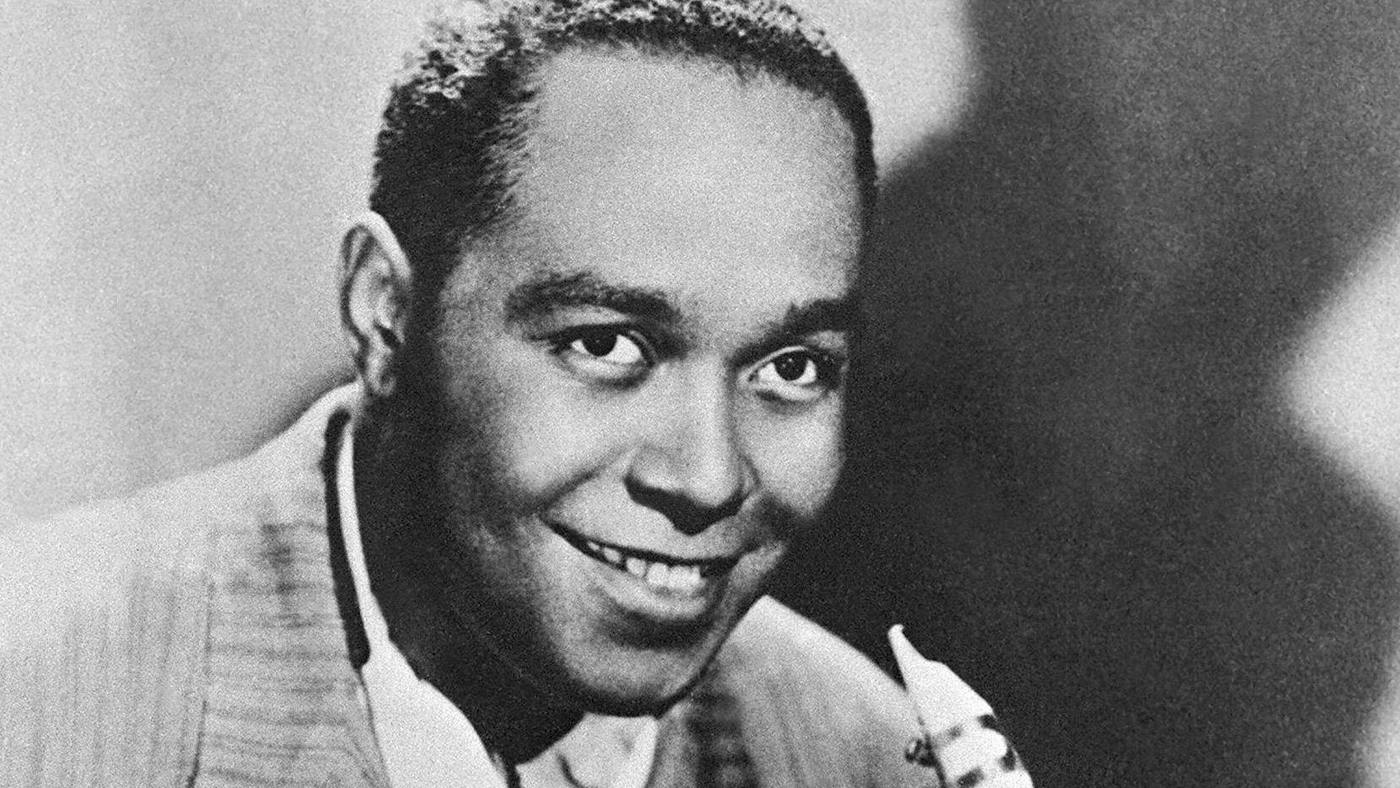 There exists a certain breed of jazz fan that’s obsessed with Charlie Parker. We’re talking full on into him: they want to hear every song, every solo, every note he played in his short and revolutionary career. It’s not for nothing that high-end jazz specialty label Mosaic Records has their only unlimited edition box set devoted to him.
There exists a certain breed of jazz fan that’s obsessed with Charlie Parker. We’re talking full on into him: they want to hear every song, every solo, every note he played in his short and revolutionary career. It’s not for nothing that high-end jazz specialty label Mosaic Records has their only unlimited edition box set devoted to him.
Indeed, back in the late 1940s and early 50s, people used to travel across the country to see him play live. People would bring in primitive tape machines just to record his solos. Mosaic Records set, The Complete Dean Beneditti Recordings is taken largely from material recorded by Beneditti on a portable disc recorder, saving only Parker’s solos on shellac 78 rpm discs. And you thought Deadheads were a modern phenomenon.

Indeed, for someone who really only recorded as a bandleader for about 10 years, there’s an almost inexhaustible amount of material to dig through. There’s a 10-CD set of just his work on Verve, not to mention similar box sets for other labels. The seven disc Beneditti box set. And innumerable grey area reissues of live material, too. This is a man where seemingly every scrap has been released, often more than once.
Which means 2016’s Unheard Bird is something new by someone we’re not used to hearing new work by.
It’s about two hours of music, most of it previously unreleased, taken from Parker’s late career. It sounds great, but there’s a catch: most of this is false starts and alternate takes. There are 69 tracks here, but only 18 different songs. And of those, 21 takes have been previously released.
 So, it’s sort of similar to the new Miles Davis release Freedom Jazz Dance: it shows the before and after, the way a song came together in the studio. At the same time, it’s different: where Davis’ Quintet would rearrange material, approaching it from different angles, Parker’s bands generally didn’t vary their approach too much.
So, it’s sort of similar to the new Miles Davis release Freedom Jazz Dance: it shows the before and after, the way a song came together in the studio. At the same time, it’s different: where Davis’ Quintet would rearrange material, approaching it from different angles, Parker’s bands generally didn’t vary their approach too much.

Of course, there’s one key difference, which is key to this set: Parker’s soloing.
Sure, he wrote more than a few songs that became standards and his approach to jazz helped change the genre’s direction, but for most of his fans, Parker’s solos are the attraction for any of his records. And here, there are many new ones, more than a few which are previously unheard.
Some of them are brief snippets, but others are full performances that crackle with energy: takes five and nine of “Tune Z,” for example, more than hold their own compared to the released version, which is helpfully included. Likewise for the alternates of “Blues (Fast),” which feature some very nice soloing.

A note about titles and numbering: several of Parker’s songs were released under different titles. But sometimes, two different songs were released under the same title.

For example, “Tune Z” was officially released as “Passport” on a 78 single. But “Tune Y,” presented here in both false starts and a master, was issued with the same title on an EP. Take numbers are similarly confusing: something labeled as take five may actually have come later in the session, with earlier versions wiped and recorded over. Some alternates are unknown takes. It’s confusing, which is where Phil Schaap comes in.
Schaap, the curator of Jazz at Lincoln Center and producer of the 10-disc Parker box set Bird: The Complete Charlie Parker on Verve has compiled this set and written a detailed, in-depth and helpful set of liners. There’s a short essay on the history of these recordings (it’s interesting to note he received digital copies of them, not the original reels or acetates), followed by in-detail notes on each song and the problems of dating/sorting them. I’m glad Verve/Ume went the extra mile with these: it makes an interesting set more compelling and provided needed context. The disc labels, based off old 78 rpm labels, are a nice touch, too.
 Taken on it’s own, it’s an interesting two discs of music and any jazz fan will dig it, although all the alternate takes may be a tad repetitive on a casual listen. But for people willing to dig a bit deeper and explore the music herein, it’s a gold mine: you can hear the band exploring how they approach music and how Parker, in particular, varied his approach from take to take.
Taken on it’s own, it’s an interesting two discs of music and any jazz fan will dig it, although all the alternate takes may be a tad repetitive on a casual listen. But for people willing to dig a bit deeper and explore the music herein, it’s a gold mine: you can hear the band exploring how they approach music and how Parker, in particular, varied his approach from take to take.


